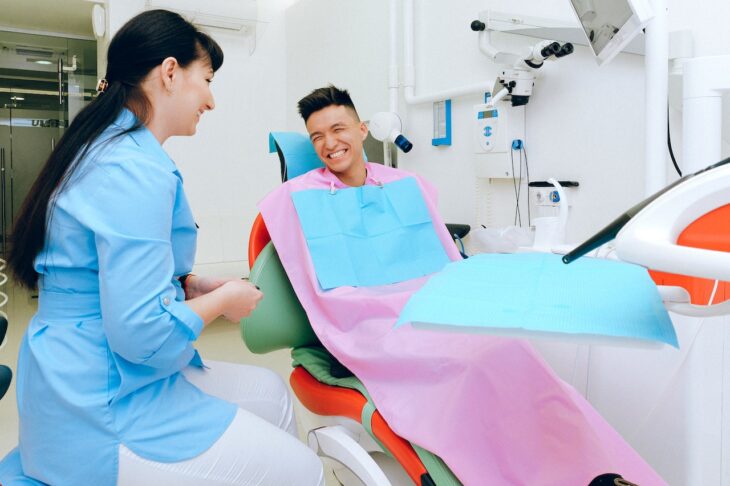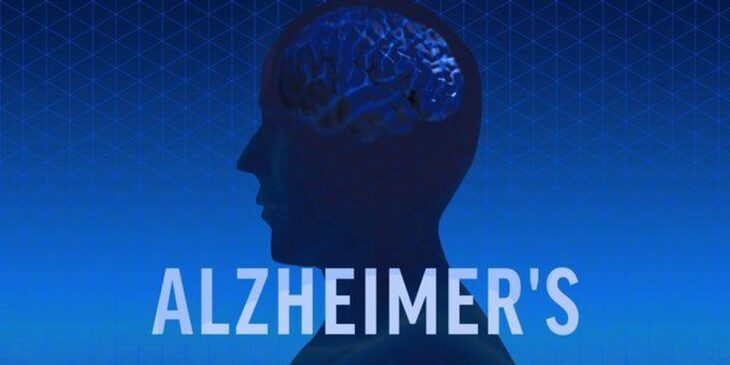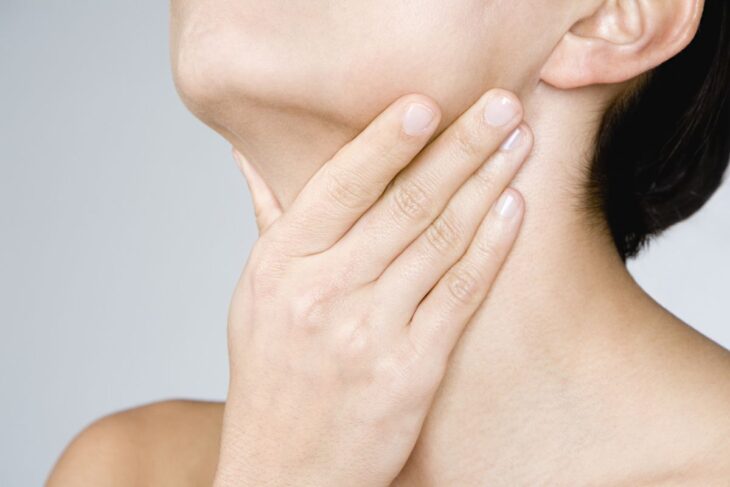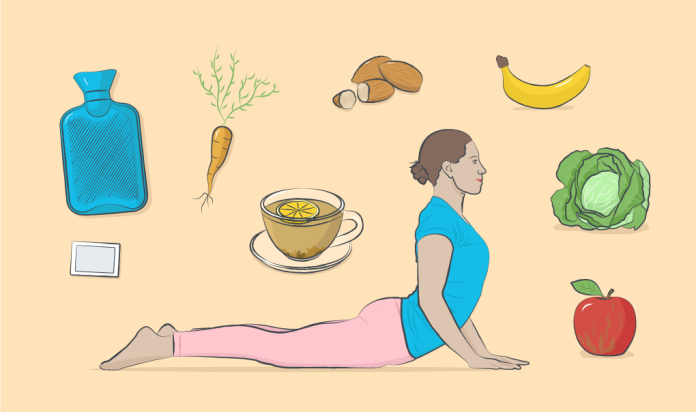Introduction:
Embark on a comprehensive exploration of Alopecia Areata, a condition that goes beyond physical manifestations, profoundly impacting individuals both emotionally and mentally. This blog, aligned with Cutis Hospital’s commitment to dermatological expertise, dwells into the intricate facets of Alopecia Areata, addressing its causes, diagnosis, diverse treatment options, and the holistic journey of those grappling with this condition.
- Unveiling the Causes of Alopecia Areata:
Autoimmune Factors and Hair Loss:
The roots of Alopecia Areata intertwine with the intricate connection between the immune system and hair follicles. Mistakenly, the body’s immune response targets hair follicles, resulting in sudden and unpredictable hair loss. Managing conditions like Alopecia Areata involves adopting an autoimmune hair loss diet to mitigate its impact.
Genetic Predisposition:
Understanding the genetic predisposition to Alopecia Areata sheds light on hereditary factors influencing susceptibility to the condition. Family history emerges as a crucial determinant in many cases.
Environmental Triggers:
External factors, including stress, trauma, or infections, can act as triggers for Alopecia Areata in genetically predisposed individuals. Identifying these triggers becomes pivotal in both understanding and managing the condition.
- Signs and Symptoms of Alopecia Areata:
Identifying Early Warning Signs:
Early warning signs often manifest as small, round patches of hair loss that may progress to larger areas. Recognizing these signs facilitates early intervention and treatment.
Common Patterns of Hair Loss:
Alopecia Areata showcases distinctive patterns of hair loss, with patchy hair loss being the most common entity. Recognizing these patterns aids dermatologists in both diagnosis and treatment planning.
Nail Changes and Other Symptoms:
Some individuals with Alopecia Areata may experience changes in their nails, such as pitting or ridges. Awareness of associated symptoms contributes to a comprehensive diagnosis.
- Diagnosing Alopecia Areata:
Physical Examination:
Dermatologists at Cutis Hospital conduct thorough physical examinations, evaluating medical history to diagnose Alopecia Areata. This examination includes assessing the pattern of hair loss and potential triggers.
Laboratory Tests:
Diagnostic tests, including blood tests, may be employed to rule out underlying conditions contributing to hair loss. These tests help confirm the diagnosis and guide treatment decisions.
Differential Diagnosis:
Differentiating Alopecia Areata from other hair loss conditions is essential. Dermatologists at Cutis Hospital employ a differential diagnosis approach to ensure accurate identification and appropriate treatment.
- Types and Stages of Alopecia Areata:
Patchy Hair Loss:
The most common presentation involves patchy hair loss on the scalp, eyebrows, or beard. Understanding the different types and stages guides treatment strategies.
Alopecia Totalis:
In more advanced cases, Alopecia Totalis results in complete hair loss on the scalp. Recognizing the progression of the condition informs effective treatment plans.
Alopecia Universalis:
Alopecia Universalis leads to complete hair loss on the entire body, making it the rarest form. Identifying the advanced stage informs treatment decisions and addresses associated challenges.
- Treatment Options for Alopecia Areata:
Topical Corticosteroids:
Standard and effective, topical corticosteroids aim to suppress the immune response and promote hair regrowth in localized Alopecia Areata.
Immunotherapy and DPCP:
Cutis Hospital’s dermatologists offer comprehensive and personalized treatment, including immunotherapy with substances like diphenylcyclopropenone (DPCP) to stimulate hair regrowth.
JAK Inhibitors:
Emerging as a potential breakthrough, JAK inhibitors target specific immune pathways to prevent hair loss. Cutis Hospital stays at the forefront of innovative treatments.
- Lifestyle and Coping Strategies:
Emotional Impact:
Coping with the emotional toll of Alopecia Areata involves seeking emotional support, joining support groups, and fostering a positive mindset. Cutis Hospital recognizes the importance of addressing the psychological aspects of the condition.
Support Groups:
Community resources and support groups provide individuals with platforms to share experiences, gain insights, and receive encouragement. Cutis Hospital emphasizes the community aspect of support for those navigating Alopecia Areata.
Practical Tips:
Practical tips for living with Alopecia Areata involve embracing proactive self-care, managing stress, and incorporating hair-friendly practices into daily routines. Cutis Hospital’s holistic approach includes guiding patients with practical strategies tailored to their needs.
- Consulting a Dermatologist at Cutis Hospital:
Importance of Professional Advice:
Seeking professional advice from dermatologists at Cutis Hospital is paramount for individuals with Alopecia Areata. Expert guidance ensures accurate diagnosis, personalized treatment plans, and ongoing support.
Cutis Hospital’s Expertise:
-
- Renowned for its expertise in dermatology, Cutis Hospital provides specialized care for various skin and hair conditions.
- Consulting a dermatologist at Cutis Hospital goes beyond addressing immediate concerns.
- The hospital’s dermatologists offer tailored solutions and comprehensive consultations, emphasizing the interconnection of skin health with overall well-being.
- Experimental and Future Treatments:
Ongoing Research:
Staying informed about ongoing research in Alopecia Areata explores new avenues for treatment. Cutis Hospital remains committed to staying abreast of emerging therapies and breakthroughs in treatment of Alopecia areata.
Emerging Therapies:
Cutis Hospital’s commitment to cutting-edge treatment positions it as a leader in dermatological advancements.
Patient Success Stories: Overcoming Challenges and Embracing Confidence:
Real-life experiences of individuals facing Alopecia Areata inspire hope and resilience. Patient success stories at Cutis Hospital showcase the transformative impact of tailored treatments, community support, and emotional strength cultivated through the process.
Prevention and Self-Care Tips: Nurturing Scalp Health for Resilience:
Adopting preventive measures and self-care practices can contribute to scalp health and overall well-being for those affected by Alopecia Areata. Cutis Hospital’s holistic approach includes guiding effective prevention and self-care strategies tailored to individual needs.
In conclusion, navigating Alopecia Areata involves understanding its causes, recognizing symptoms, and exploring effective treatments. The journey includes acknowledging the emotional impact and adopting coping strategies. At Cutis Hospital, our commitment to dermatological expertise and patient-centred care ensures comprehensive support for those facing Alopecia Areata. Understanding how to treat Alopecia Areata involves a multifaceted approach. The medical field continues to explore innovative solutions, from topical corticosteroids to immunotherapy and emerging therapies like JAK inhibitors.
Consulting a dermatologist at Cutis Hospital provides access to expert advice, personalized treatment plans, and a supportive environment. Patient success stories underscore the resilience of individuals who have overcome Alopecia Areata’s challenges, showcasing the transformative impact of tailored treatments. Prevention and self-care tips, including scalp health practices and stress management, empowering individuals to contribute to their well-being actively. As we strive to unravel the complexities of Alopecia Areata, our commitment remains steadfast: providing medical care and holistic support for those affected. Whether seeking an Alopecia Areata cure or managing patches in hair, Cutis Hospital stands as a beacon of hope and expertise. Embrace the journey towards confidence and well-being with Cutis Hospital, where understanding, treatment, and support converge for a brighter future.
FAQs about Alopecia Areata:
Q1: Can stress trigger Alopecia Areata?
A: Yes, stress is recognized as one of the environmental triggers for Alopecia Areata in genetically predisposed individuals. Managing stress is a key component of holistic treatment.
Q2: Is there a cure for Alopecia Areata?
A: While there is no definitive cure, various treatments, including topical corticosteroids, immunotherapy, and emerging therapies like JAK inhibitors, aim to manage and minimize hair loss.
Q3: Are there side effects to treatments like immunotherapy?
A: Side effects are possible, and they vary from person to person. Cutis Hospital’s dermatologists closely monitor patients during treatments to address any concerns and ensure the best outcomes.
Q4: Can children develop Alopecia Areata?
A: Yes, Alopecia Areata can affect individuals of all ages, including children. Early diagnosis and intervention are crucial for effective management.
Q5: How long does it take to see results from treatments?
A: The timeline for results varies depending on the chosen treatment and individual response. Patience is essential, and Cutis Hospital’s dermatologists provide ongoing support throughout the process.
















You must be logged in to post a comment.